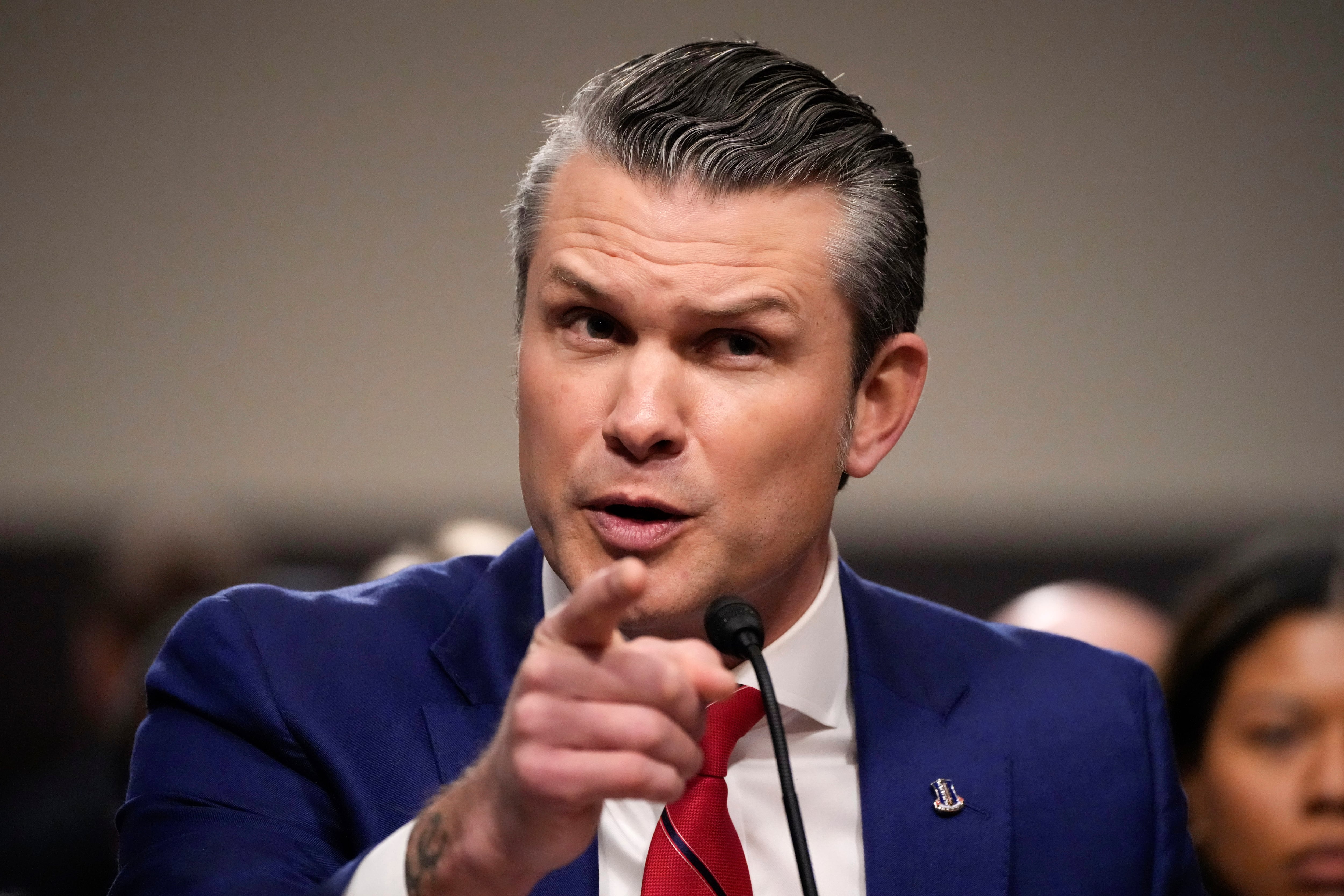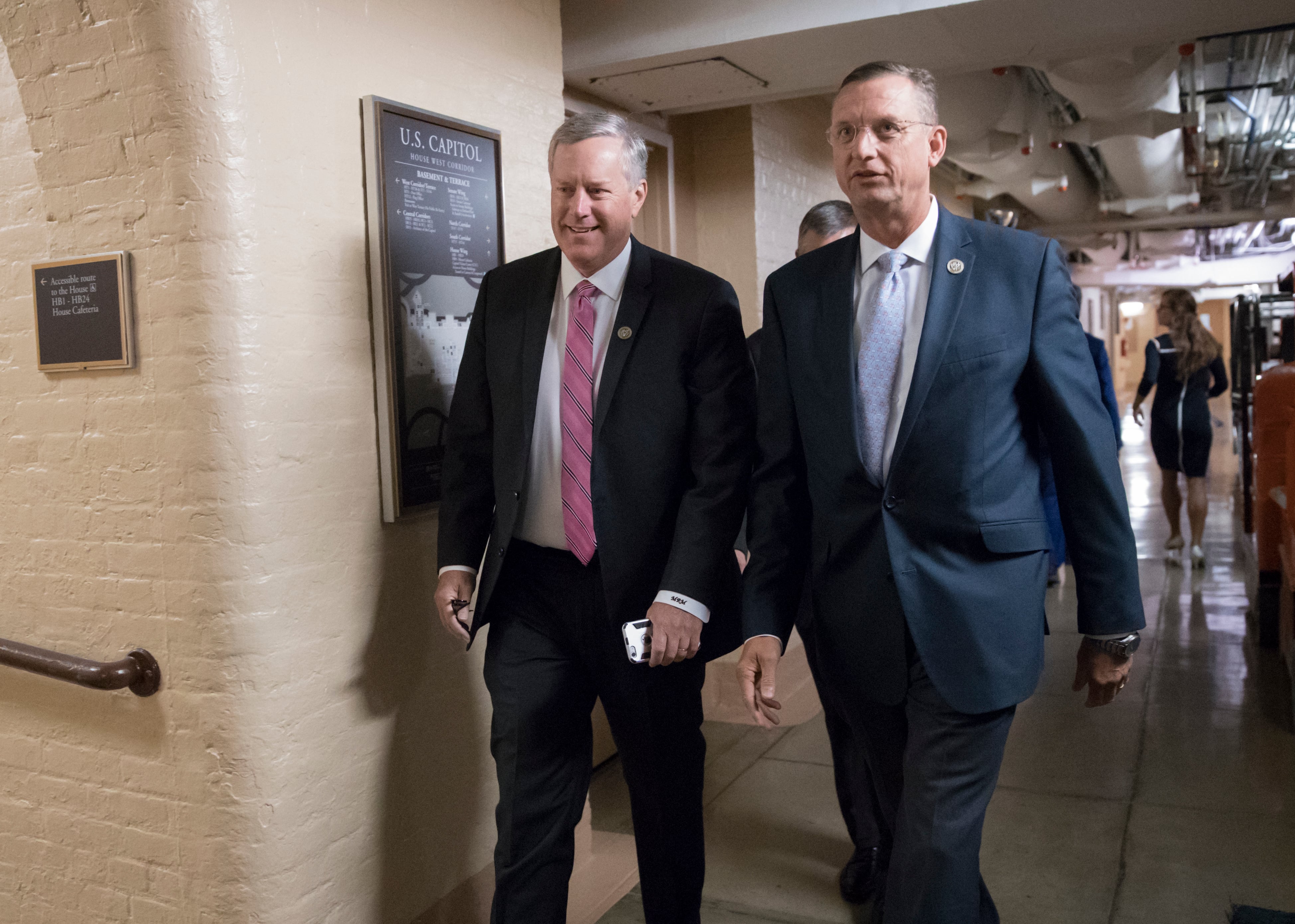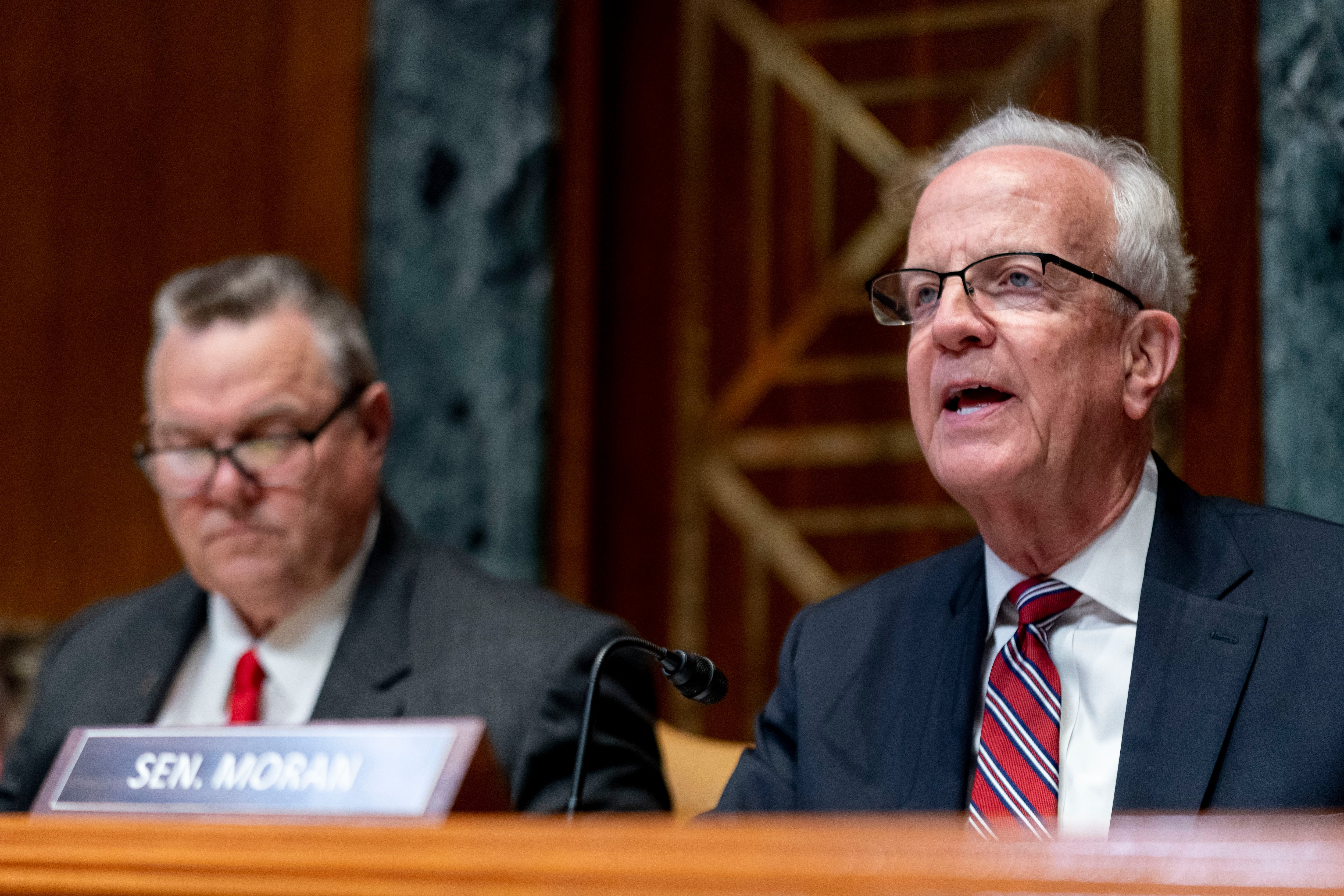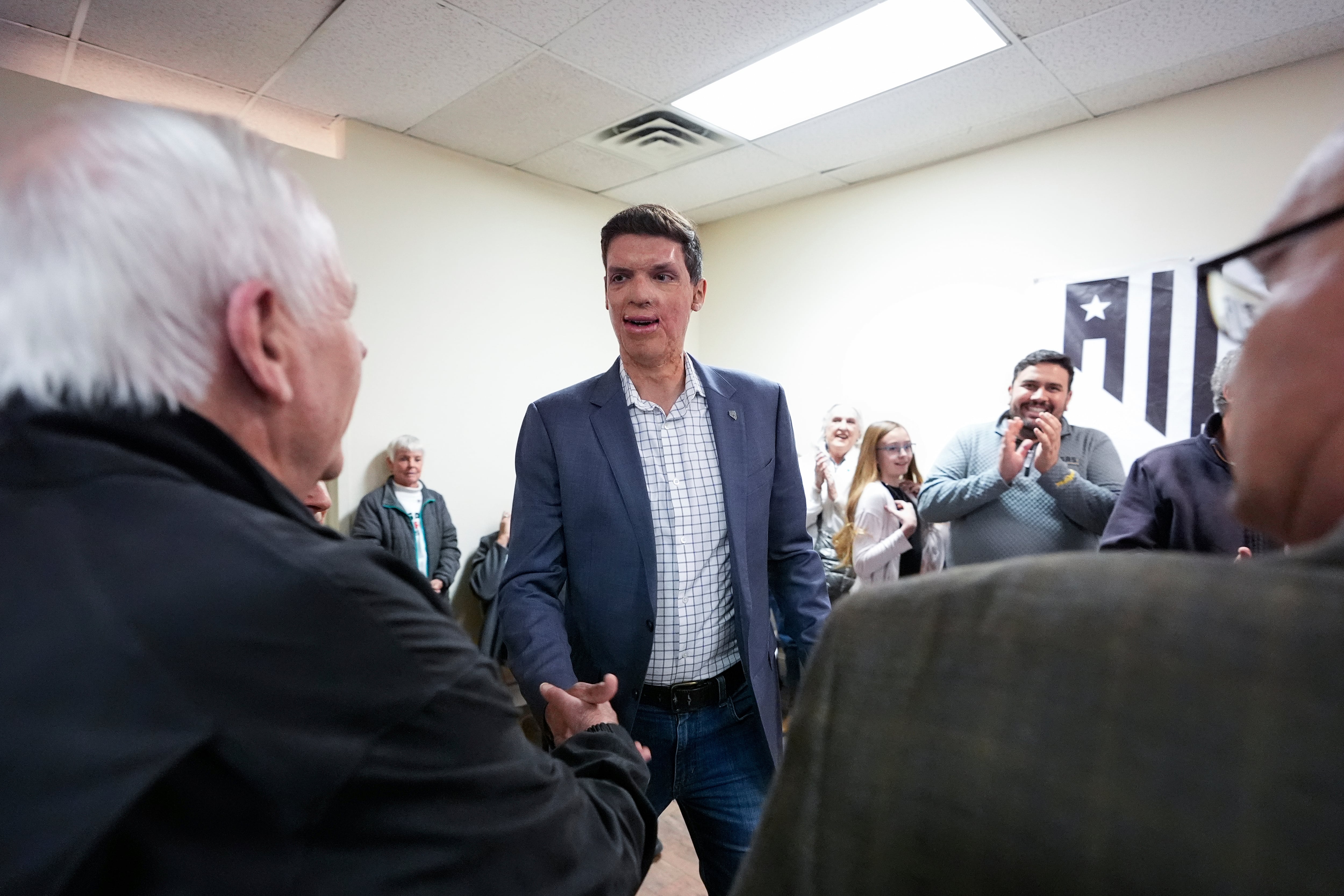Defense Secretary Chuck Hagel has directed installation commanders to make it easier for legitimate nonprofit groups to gain access to military installations to help troops and families.
In two memos to his department's highest-level civilian and military leaders, Hagel outlined his expectations for installation commanders, emphasizing what is allowed by law and DoD policy, and directing additional measures to improve consistency across DoD.
Each memo applies to a separate type of nonprofit: organizations accredited by the Veterans Affairs Department to provide representation services to transitioning service members, and private organizations that assist troops and families in a variety of ways.
In 2014, leaders of nonprofit organizations asked Hagel to remove the unnecessary barriers and inconsistencies that they encounter when trying to provide services and support to military members and families. For example, some groups have been allowed to provide services on one base, but have been barred from others.
"Thank you for bringing this important issue to my attention," Hagel wrote in a Dec. 23 letter to the nonprofits, informing them about the memos.
"These directives underscore my belief that events and support provided by [veteran service organizations, military support organizations] and military-support nonprofits can be critically important to the welfare of our service members and families, and that the Department must maintain positive relationships with those organizations to facility their delivery of services to our personnel who need them," Hagel wrote.
The memos also attempt to clarify how commanders can address requests for installation access, space or services. The memos are effective within 60 days of the Dec. 23 signing, and will remain in effect until the changes are codified within DoD.
For example, national veterans and military service organizations will be allowed to provide VA-accredited representation services to transitioning service members, and installation commanders will provide space, as available, and associated services without charge.
Organizations will request the space and logistical support in writing, and the base commanders' decisions will be issued in writing. The memos direct that training be conducted to educate personnel on the authorities and flexibility associated with the procedures.
For nonprofits that provide other types of support and services to enhance the lives of troops and families, Hagel said he is "directing installation commanders to be welcoming and supportive. ... Consistent with mission requirements and security constraints, installation commanders are to provide even/support-driven access, support, collaboration, available space and certain logistical support to those organizations."
These groups also will request permission for base access, use of available space, or logistical support, in writing, and provide documentation, including their most recent Internal Revenue Service determination letter and Form 990.
Hagel's actions "send a very clear message to installation commanders that they don't have to be afraid of a nonprofit wanting to come on base and provide services or information that would benefit military members and families," said Joyce Raezer, executive director of the National Military Family Association.
Hagel has laid out "the expectation that this will happen," Raezer said. "Some commanders thought they needed permission. This gives them permission to do the right thing. If the process that's laid out is followed, it should bring more consistency that should make it easier for nonprofits to share information about their programs and services, and connect families to those services.
"This lays out clear expectations that installations have a responsibility to require information, and have a transparent process," she said. "A lot of installations have been working with nonprofits, but it hasn't been consistent."
A fact sheet attached to the memo provides examples of some services that nonprofits offer, such as camp support and services for military children; physical fitness and recreation activities, scholarships, life skills training; spouse education; parenting skills; support services for victims of sexual assault, domestic abuse or child abuse; and emergency/financial assistance. The fact sheet notes the list is not all-inclusive.
It also provides some guidance for determining the authenticity of an organization. Commanders should consider the nature of the services provided by a nonprofit, the needs of the installation and the needs of service members and their families when determining whether to allow a nonprofit to function on a military installation.
"This has been a tough process. We appreciate Secretary Hagel's persistence in this," Raezer said. "The military can't do it all. Let's work together."
Karen has covered military families, quality of life and consumer issues for Military Times for more than 30 years, and is co-author of a chapter on media coverage of military families in the book "A Battle Plan for Supporting Military Families." She previously worked for newspapers in Guam, Norfolk, Jacksonville, Fla., and Athens, Ga.





